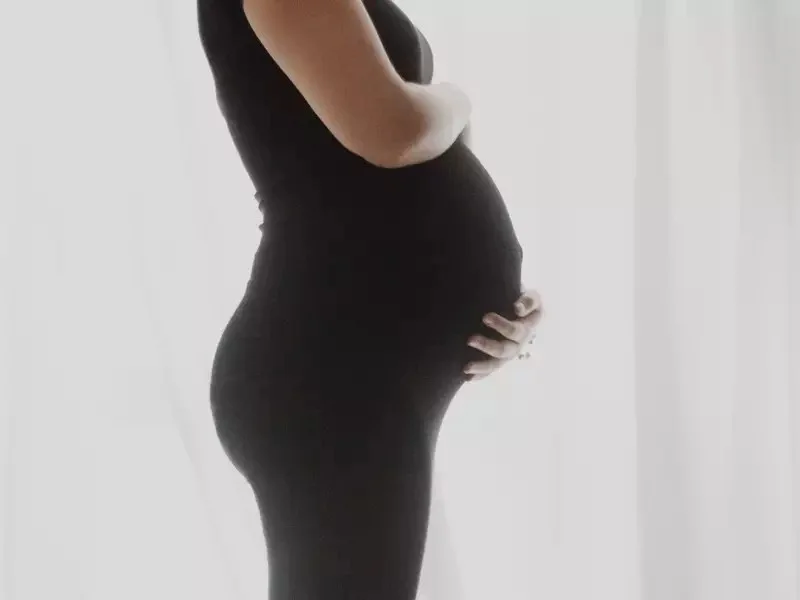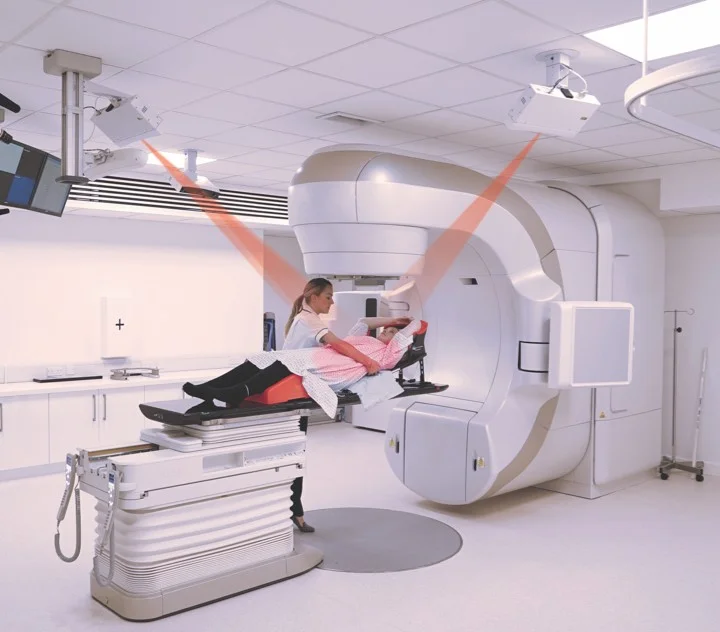Pregnancy & Cancer
Overview
- Cancer during pregnancy is uncommon
- Most importantly, a pregnant woman with cancer is capable of giving birth to a healthy baby because cancer rarely affects the fetus directly.
- Although some cancers may spread to the placenta, most cancers cannot spread to the baby.
- However, being pregnant with cancer is extremely complicated for both the mother and the health care team.

Treatment of Pregnant Women
Some cancer treatments may be used during pregnancy, but only after careful consideration and treatment planning to optimize the safety of both the mother and the unborn baby. These include: surgery, chemotherapy, and rarely, radiation therapy.
Surgery:
- Surgery is the removal of the tumour and surrounding tissue during an operation.
- There is little risk to the developing baby.
- In some cases, more extensive surgery can be done to avoid having to use chemotherapy or radiation therapy.
Chemotherapy
- Chemotherapy can harm the fetus, particularly if it is given during The first trimester of pregnancy when the fetus’ organs are still developing.
- May cause birth defects or even the loss of the pregnancy (miscarriage).
- During the second and third trimesters, some types of chemotherapy may be given without necessarily harming the fetus. The placenta acts as a barrier between the mother and the baby.
- The later stages of pregnancy may not directly harm the developing baby, it may cause side effects like malnutrition and anaemia in the mother that may cause indirect harm.
- May cause early labor and low birth weight.
It is generally advised not to breastfeed during chemotherapy.
Radiation Therapy
Radiation therapy can harm the fetus, particularly during the first trimester, doctors generally avoid using this treatment. Even in the second and third trimesters, the use of radiation therapy is uncommon. The risks to the developing baby depend on:
- The dose of radiation.
- And the area being treated.
